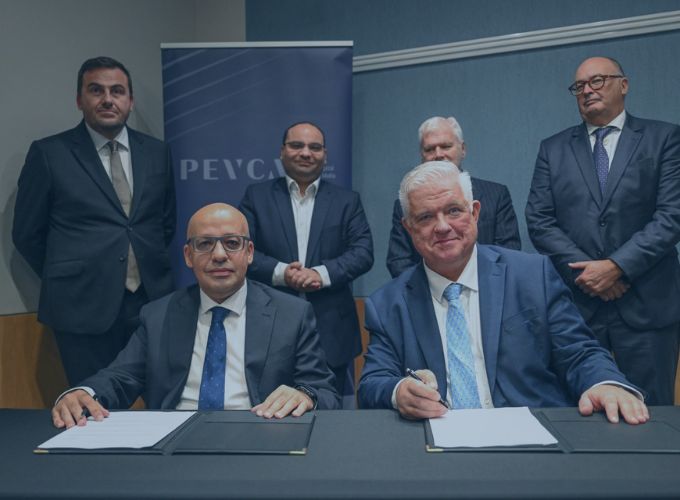
The global minimum tax agreement – once hailed as a landmark step toward a fairer international tax system – is facing renewed uncertainty as several EU member states rethink their commitments. Finance Minister Clyde Caruana said the consensus underpinning the 15% minimum tax is unravelling, following the US withdrawal from the agreement earlier this year.
The proposal, led by the OECD and introduced by the European Commission in 2021, was intended to prevent countries from competing for investment by offering extremely low corporate tax rates. The rules targeted multinational companies with more than €750 million in annual global income, ensuring they pay at least 15% tax, regardless of where they operate. By 2022, the policy had been formalised into an EU directive, obliging all member states to transpose the rules.
Malta had initially resisted the plan but ultimately joined the agreement after securing a derogation allowing it to delay implementation by up to six years. However, speaking at a Finance Malta conference, Caruana suggested that the political landscape has shifted dramatically.
He said a recent meeting of EU finance ministers revealed unexpectedly strong opposition, with as many as 10 countries expressing serious reservations. “The goalposts have changed,” he warned, arguing that what was once a global initiative no longer enjoys the universal backing required to function. Many states are now calling for revisions in light of Washington’s withdrawal, raising doubts about whether the effort can survive in its current form.
While Caruana did not disclose Malta’s stance, he signalled that the government is monitoring developments closely. “Whether the effort will be scrapped remains to be seen,” he said.
Tensions around the agreement have been building in recent months. Reports indicate that several smaller EU countries, including Hungary, Slovakia and the Baltic states, are pushing to dilute or delay the rules. Their concerns are both economic and political, as the 15% minimum tax could reduce their ability to attract investment.
For Malta, the debate is particularly sensitive. Though the official corporate tax rate is 35%, longstanding refund mechanisms reduce the effective rate to around 5% for many large multinationals. This system remains one of Malta’s strongest draws for foreign investors: a recent EY survey found that 80% of investors cite the tax environment as the country’s primary attraction.
More than 660 companies employing around 20,000 people could be affected by the reform.
You Might Also Like

Latest Article
Clyde Caruana Warns Global Minimum Tax Deal Is Unravelling As EU States Shift Stance
The global minimum tax agreement – once hailed as a landmark step toward a fairer international tax system – is facing renewed uncertainty as several EU member states rethink their commitments. Finance Minister Clyde Caruana said the consensus underpinning the 15% minimum tax is unravelling, following the US withdrawal from the agreement earlier this year. … Continued
|
20 November 2025
Written by MeetInc.

A New Vision For Malta’s Creative Sector Takes Shape As MEIA’s Culture at Work Debuts
|
20 November 2025
Written by MeetInc.

STMicroelectronics Malta Secures Gold At Malta Business Awards For Its Clean-Tech Transformation
|
20 November 2025
Written by MeetInc.

Malta Venture Capital Association Joins Global Private Investment Body
|
19 November 2025
Written by









